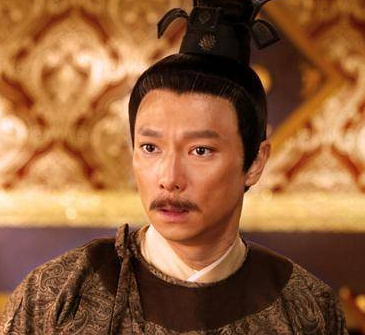Zhu Qizhen was a controversial emperor in the history of the Ming Dynasty. During his reign, there were many internal and external conflicts in the country, especially after he removed Yu Qian, the political situation of the country became even more turbulent. However, what is puzzling is why Ye Xian did not take the opportunity to lead the Wala army to invade the south? What is the underlying reason? This article will explore this issue.

First, internal political struggles weakened the strength of the Ming Dynasty. During Zhu Qizhen's reign, internal political struggles were fierce, especially after he removed Yu Qian. The court officials were panicked, and the political stability of the country was seriously affected. This situation should have provided favorable conditions for the Wala army to invade the south, but Ye Xian did not choose to launch the war at this time.
Second, the Wala tribe itself was in danger. In fact, the Wala tribe at that time was not a united front, and there were many internal conflicts and disputes. As the leader of the Wala, Ye Xian needed to pay attention to internal stability at all times to prevent other tribes from taking advantage of the opportunity to rise. Under such circumstances, it was difficult for Ye Xian to concentrate on launching a war against the Ming Dynasty.
Third, the military strength of the Ming Dynasty was still powerful. Although there were fierce internal political struggles in the Ming Dynasty, its military strength was still formidable. The Ming Dynasty had a huge army and rich war experience, which was a strong deterrent to the Wala army. Therefore, after weighing the pros and cons, Ye Xian may have believed that it was not wise to launch a war at this time.
Fourth, diplomatic means were used to solve problems. When facing a powerful opponent like the Ming Dynasty, Ye Xian was more inclined to solve problems through diplomatic means. He may have hoped to achieve mutual benefit and win-win results through friendly relations with the Ming Dynasty, rather than消耗the strength of both sides through war.
In summary, although the political situation of the Ming Dynasty was turbulent after Zhu Qizhen removed Yu Qian, the Wala tribe itself was in danger, coupled with the still powerful military strength of the Ming Dynasty, and Ye Xian's preference for resolving issues through diplomatic means, these factors jointly led to Ye Xian not leading the Wala army to invade the south. This historical event tells us that no matter how big the difficulties a country faces, as long as it maintains internal unity and leverages its own advantages, it can resolve external threats and maintain the prosperity and stability of the country.
Disclaimer: The above content is sourced from the internet and the copyright belongs to the original author. If there is any infringement of your original copyright, please inform us and we will delete the relevant content as soon as possible.
































